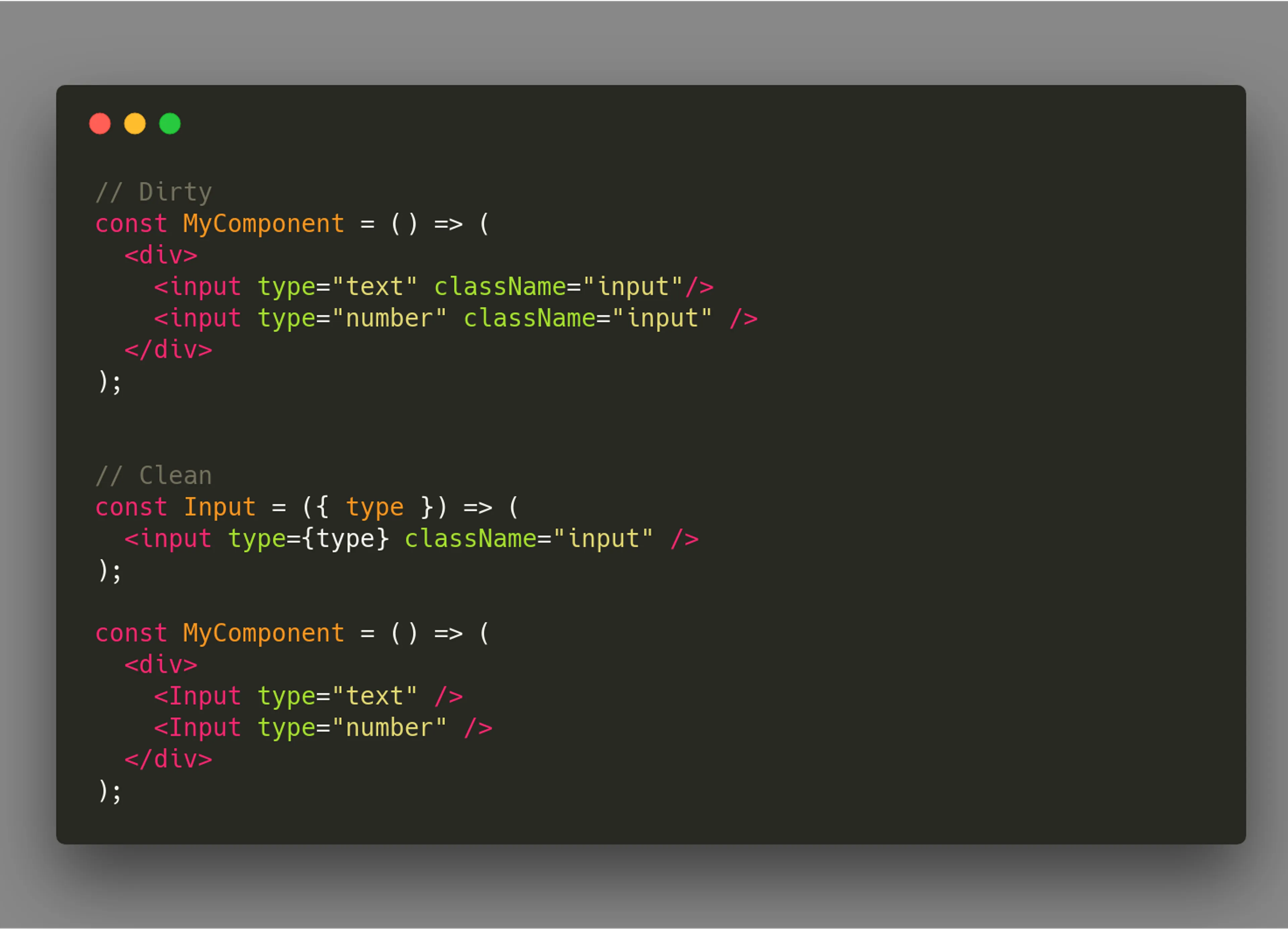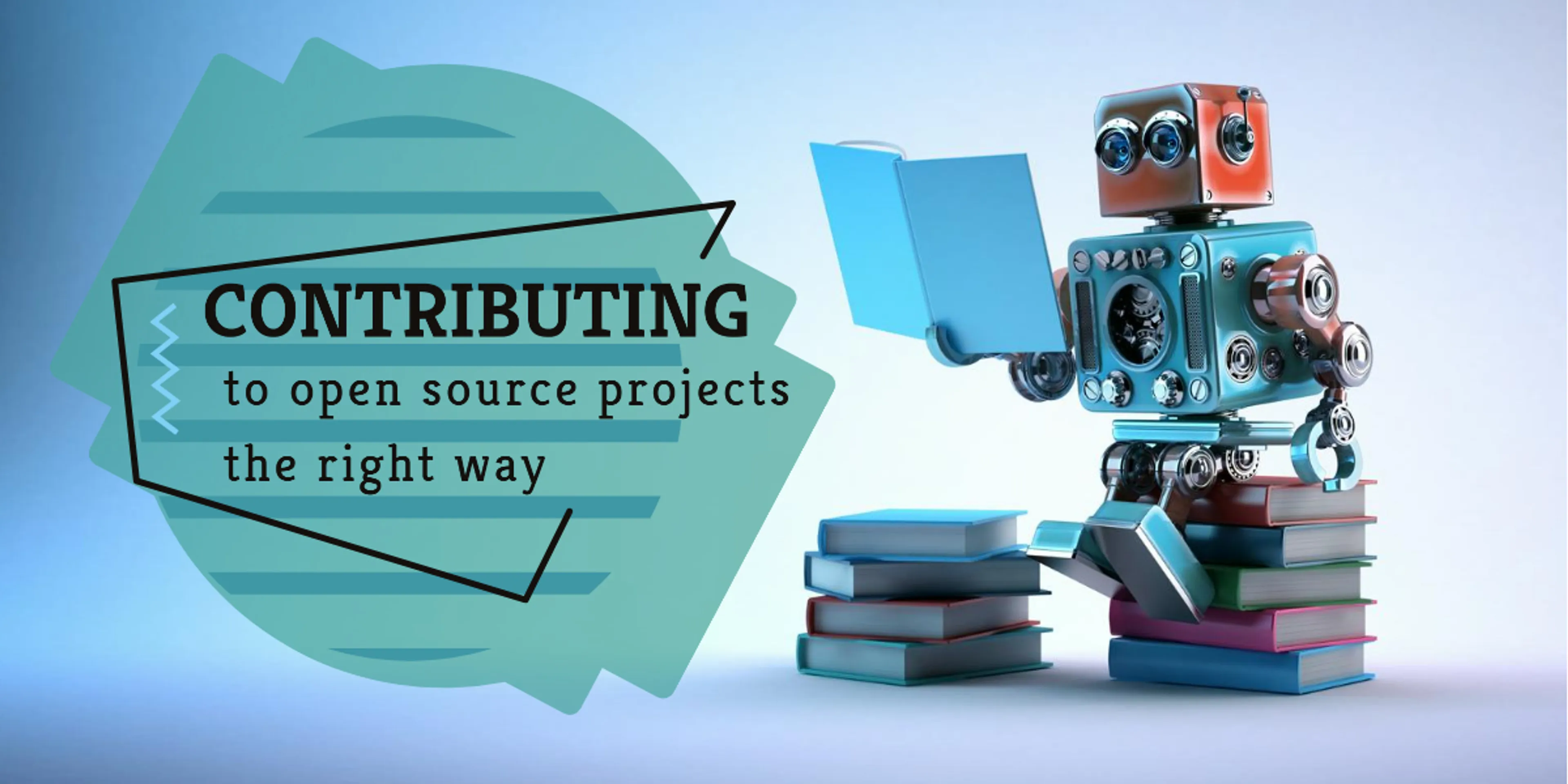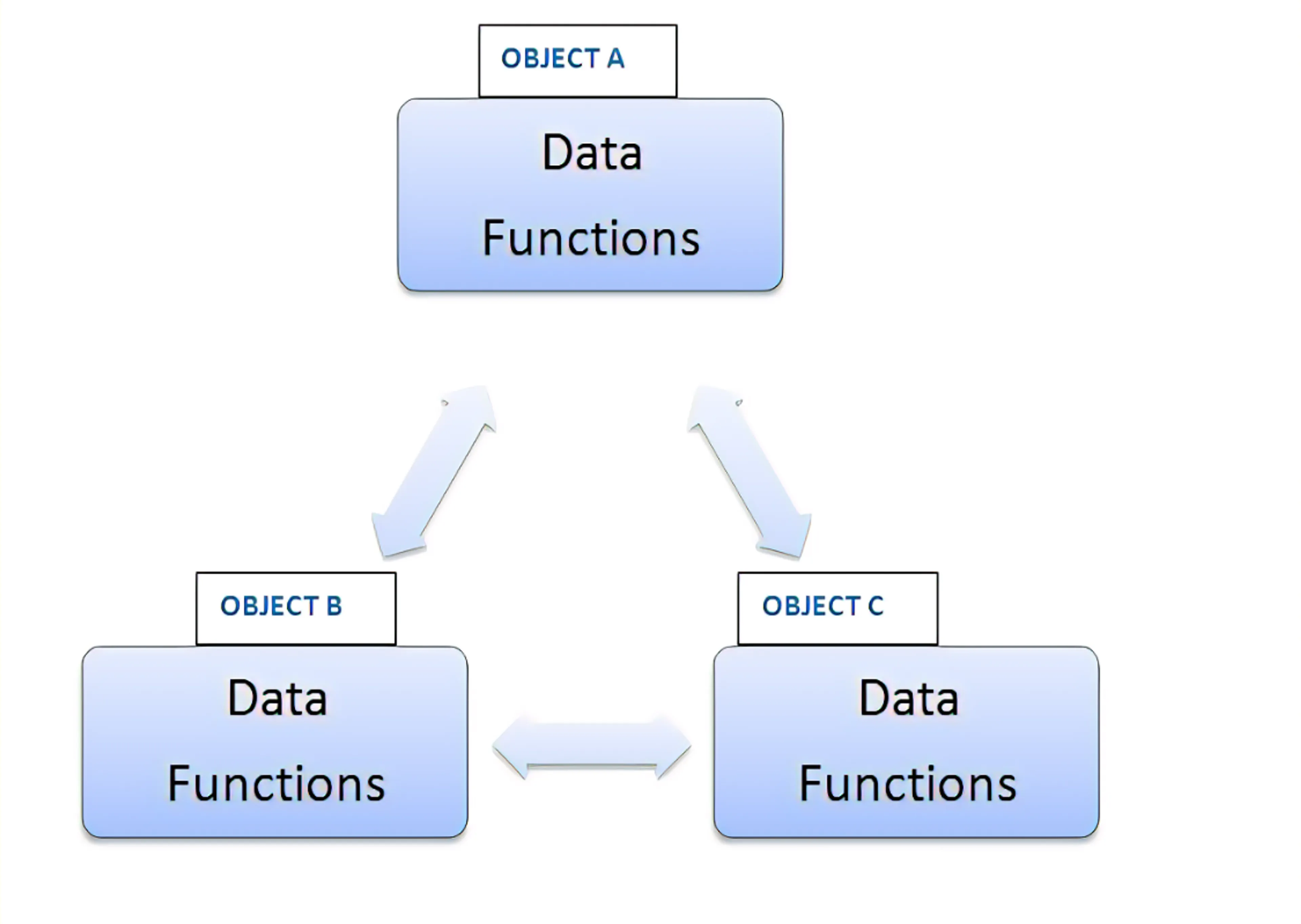
Clean code is often regarded as a hallmark of a skilled and professional software developer. It's not just about writing code that works; it's about writing code that is easy to understand, maintain, and extend. In the world of software development, clean code is of paramount importance. In this discussion, we'll delve into the significance of clean code and explore best practices that every software developer should embrace.
1. The Foundations of Clean Code
At its core, clean code adheres to principles that prioritize readability and maintainability. It's a style of writing code that strives for simplicity and clarity. Clean code communicates its purpose and functionality in a straightforward manner, reducing the cognitive load on developers and making it easier to spot and fix issues.
2. Readability Matters
One of the primary objectives of clean code is to make code readable. Code is read more often than it is written, and it's crucial that others (including your future self) can easily comprehend what a piece of code does. Descriptive variable and function names, consistent formatting, and meaningful comments all contribute to improved readability.
3. Simplicity Is Key
Clean code follows the principle of simplicity. It avoids unnecessary complexity, convoluted logic, and overly clever tricks. Simple code is easier to reason about, test, and maintain. When writing code, aim for the simplest solution that meets the requirements.
4. Consistency and Formatting
Consistency in code style and formatting is another hallmark of clean code. Adopt a coding style guide for your project or organization and adhere to it religiously. This ensures that the codebase remains uniform and approachable, regardless of how many developers are involved.
5. Meaningful Variable and Function Names
Choosing meaningful names for variables, functions, and classes is a fundamental aspect of clean code. A descriptive name can convey the purpose and usage of an element without the need for extensive comments. Avoid cryptic abbreviations and acronyms in favor of clear, self-explanatory names.
6. Proper Indentation and Whitespace Usage
Clean code uses consistent indentation and appropriate whitespace. Proper indentation helps visualize code structure, making it easier to follow the logic flow. Additionally, judicious use of whitespace can improve code readability by separating elements and grouping related code.
7. Avoid Code Duplication
Code duplication is a breeding ground for bugs and maintenance nightmares. Clean code strives to eliminate redundancy by encapsulating common functionality in reusable functions or classes. This not only reduces the chance of errors but also simplifies future modifications.
8. Regular Refactoring
Refactoring is the process of improving code without changing its external behavior. Clean code promotes regular refactoring to keep the codebase clean and maintainable. As requirements evolve, refactoring ensures that the code remains flexible and adaptable.
9. Testing and Documentation
Clean code is testable code. It encourages the use of automated tests to verify that code functions as intended. Additionally, clean code includes meaningful comments and documentation that explain the why and how of the code, making it easier for others to work with.
10. The Benefits of Clean Code
The importance of clean code cannot be overstated. It reduces the likelihood of bugs, speeds up development, enhances collaboration, and reduces technical debt. Clean code is also more sustainable over the long term, as it requires less effort to maintain and extend.
Conclusion: Elevating Software Development
Clean code is more than just a coding style; it's a mindset that elevates software development to an art form. Embracing the principles and best practices of clean code not only improves the quality of your code but also elevates your skills as a software developer. It's a commitment to excellence that pays dividends in the form of more robust, maintainable, and reliable software.


